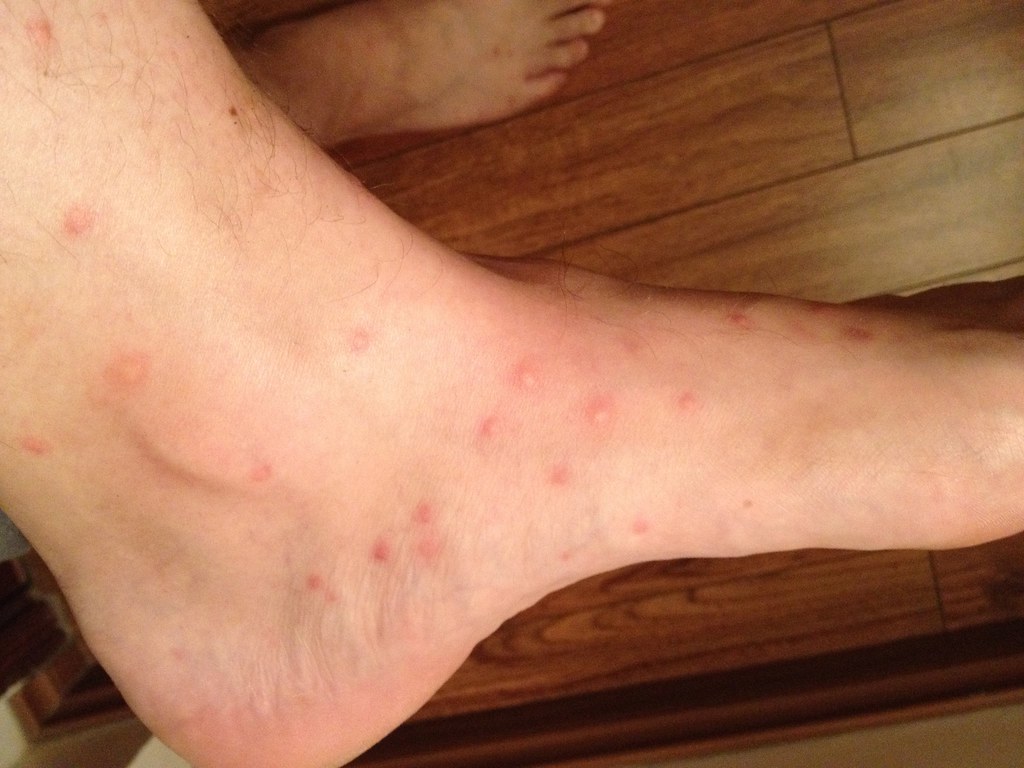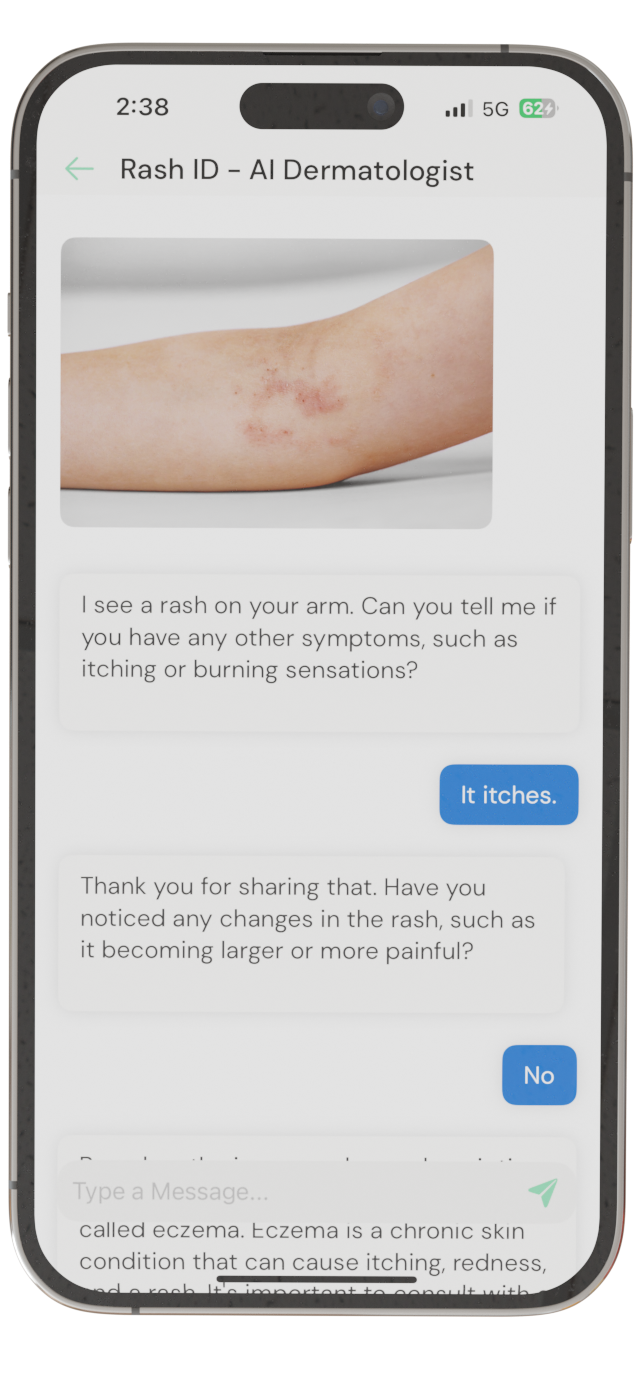
Flea Bites: Understanding, Treating, and Preventing Infestations
Flea bites are itchy, pesky occurrences that most pet owners and outdoor enthusiasts are likely to encounter at some point. These small, wingless insects can become a real nuisance, and they not only affect animals but can cause discomfort to humans as well. This comprehensive guide will equip you with all the essential information you need to manage and prevent flea bites effectively.
What are Flea Bites?
Fleas are tiny, blood-sucking parasites that affect both animals and humans. Their bites result in small, itchy red bumps, usually forming clusters on the skin. Fleas can jump great distances and attach themselves to a host for feeding.
When a flea bites, it injects saliva into the skin, which causes the typical allergic reaction. Flea bites are not only uncomfortable but can sometimes lead to more serious complications if left untreated.
Who Gets Flea Bites?
Anyone can get flea bites, although they are more common in individuals who live in homes with pets, frequent wooded or grassy areas, or reside in warm, humid environments where fleas thrive. Pets, particularly dogs and cats, often act as carriers, transferring fleas from the outdoors into living spaces.
Common Symptoms of Flea Bites
Flea bites can be identified by their distinct pattern and appearance. Some of the common symptoms include:
- Clustered Itchy Red Bumps: Flea bites usually appear as small, raised, red bumps grouped in clusters, often on the lower legs and feet.
- Intense Itching: The bites are intensely itchy, and scratching can lead to secondary infections if not properly managed.
- Skin Rash: In more sensitive individuals, a more extensive rash or hives may develop around the bite area.
What Causes Flea Infestations?
Fleas are attracted to warmth and movement. They often latch onto pets that come into contact with infested areas, but they can also hop onto humans. Flea infestations can be perpetuated by:
- Untreated Pets: Pets without flea control are a primary source of infestations.
- Indoor Environments: Fleas can live in carpets, bedding, and furniture, especially in households with pets.
- Outdoor Zones: Fleas thrive in warm, humid climates and grassy or wooded areas.
How to Treat Flea Bites
Immediate treatment of flea bites can minimize discomfort and risk of infection. Here are steps you should follow:
- Wash the Area: Gently wash the affected area with soap and water to reduce the risk of infection.
- Cold Compress: Apply a cold compress to reduce swelling and itching.
- Topical Treatments: Use over-the-counter anti-itch creams or ointments containing hydrocortisone or antihistamines, such as Benadryl® cream, to relieve itchiness.
- Oral Antihistamines: For severe reactions, oral antihistamines like diphenhydramine (Benadryl®) can help control the allergic response.
- Avoid Scratching: Refrain from scratching the bites to prevent infection.
If a secondary infection occurs, or if symptoms persist, consult a healthcare professional for further advice. More severe infections might require antibiotic treatment.
Preventing Flea Infestations
Proactive management is the key to preventing flea infestations. Here’s how you can keep fleas from invading your home and affecting your pets:
- Pet Treatments: Use veterinarian-recommended flea treatments and preventative measures such as topical solutions, oral medications, and flea collars. Products like Frontline® and Advantage® are common recommendations.
- Clean Living Spaces: Vacuum carpets and furniture frequently, wash pet bedding regularly, and consider using flea sprays or powders in your home to kill eggs and larvae.
- Outdoor Maintenance: Keep lawns trimmed and free of debris to reduce flea-friendly environments.
- Regular Pet Grooming: Regularly bathe and groom your pets, especially after time spent outdoors.
Medications for Flea Control
A wide range of flea control medications are available for both pets and the home:
- Topical Treatments: Apply directly to your pet’s skin to kill and repel fleas (e.g., Frontline®, Advantage®).
- Oral Medications: Given to pets to kill fleas from the inside out (e.g., Capstar®, NexGard®).
- Flea Collars: Long-lasting collars that provide ongoing protection against fleas.
- Environmental Sprays and Powders: Treat living areas to combat fleas in all life stages (e.g., Adams™ Flea & Tick Home Spray).
For more information on products and usage, consult resources such as American Veterinary Medical Association and Centers for Disease Control and Prevention.
Potential Complications of Flea Bites
Though uncommon, flea bites can lead to complications such as:
- Infections: Constant scratching can break the skin, leading to infections.
- Allergic Reactions: Some individuals and animals are particularly sensitive to flea saliva, resulting in allergic reactions like flea allergy dermatitis.
- Transmission of Diseases: Fleas are vectors for certain diseases, such as typhus and tapeworms.
When to See a Doctor
If you experience any of the following, it's advisable to seek medical attention:
- Experiencing severe or persistent itching and swelling.
- Signs of an infection, such as pus, increased redness, or fever.
- Development of a widespread rash or difficulty breathing, suggesting an allergic reaction.
FAQs About Flea Bites
Can flea bites affect humans and pets equally? Yes, fleas feed on the blood of any available host, be it an animal or human, causing similar reactions.
Do all fleas transmit diseases? Not all flea species are disease carriers, but some have the potential to transmit illnesses such as murine typhus and plague.
How long do flea bites last? Flea bites usually resolve within a week, but complications or infections can extend this timeline.
Can flea bites result in long-term skin issues? Prolonged scratching can lead to secondary skin infections and potential scarring if not properly treated.
Remember, preventing and addressing flea infestations at their source will significantly reduce the discomfort and health risks associated with flea bites. Utilize the effective treatments available, maintain proper hygiene for your pets, and keep a vigilant approach to home care for the best protection against these pesky parasites.

Identify Skin Conditions Instantly
Try Rash ID for Free